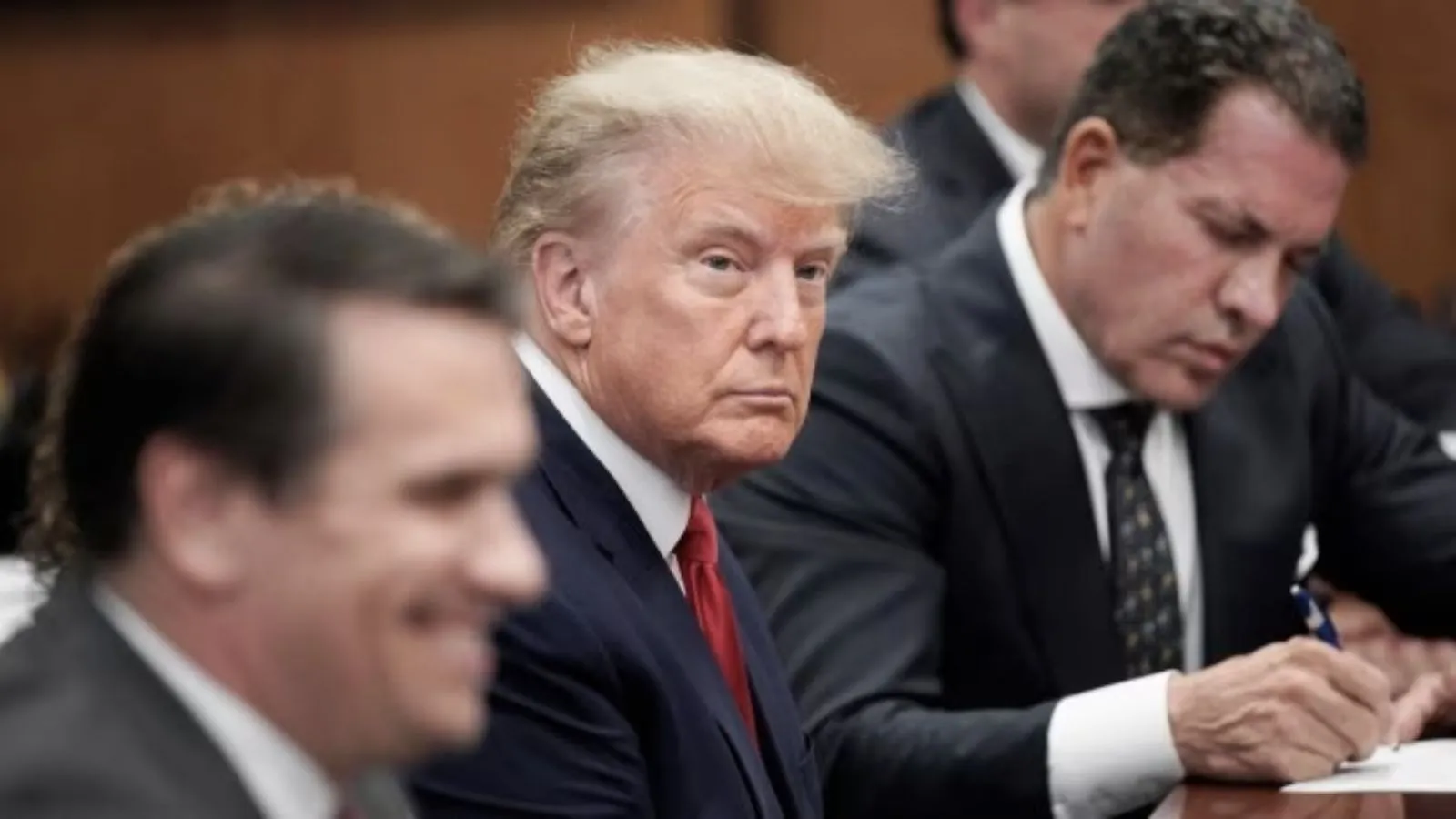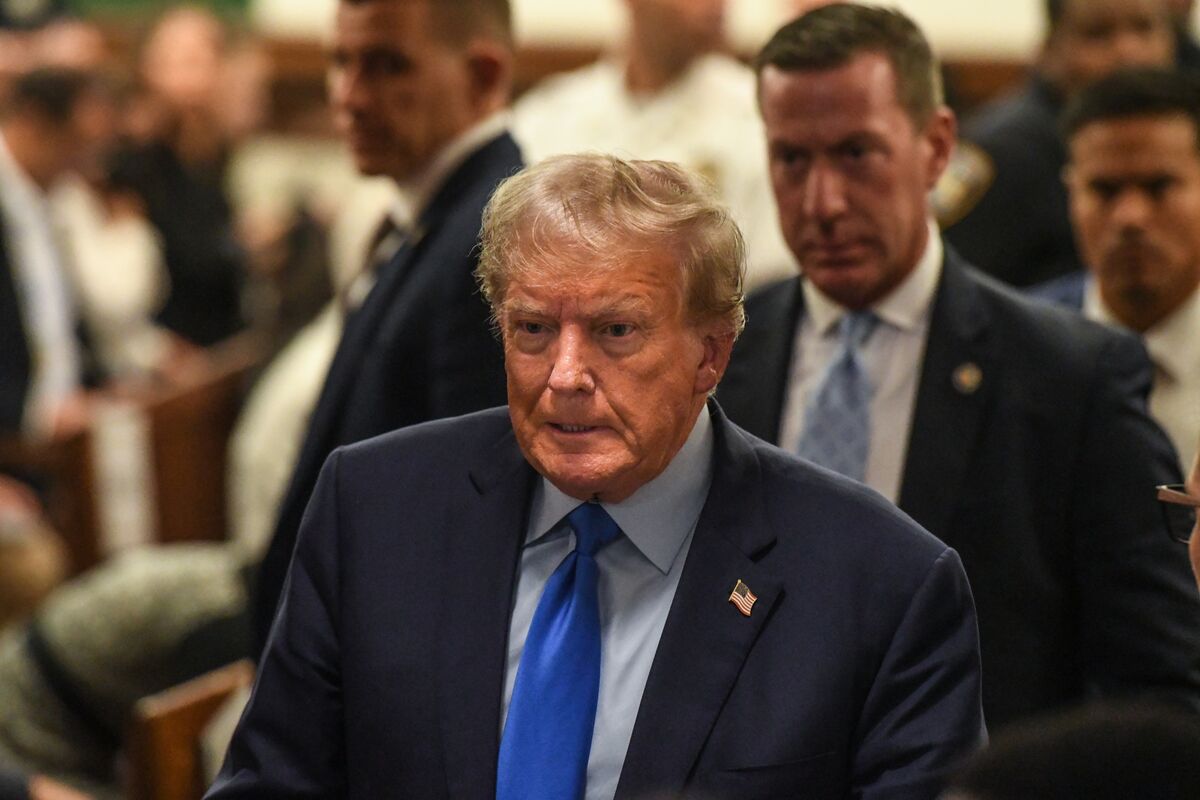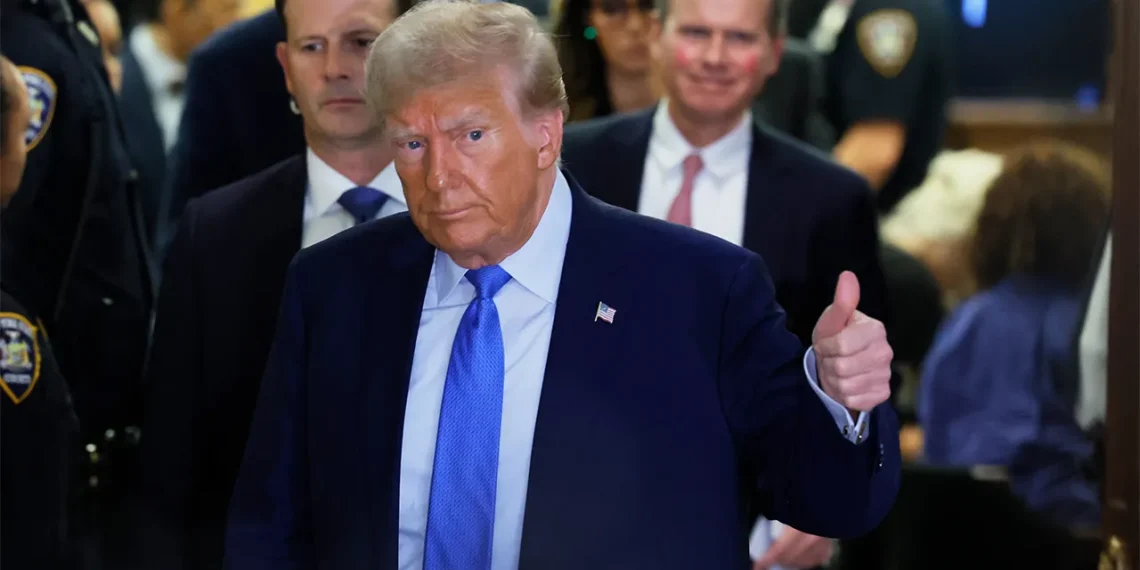A Florida judge has indefinitely postponed Donald Trump‘s trial over illegally retaining classified documents, diminishing the likelihood of a jury trial before the November U.S. election.
Originally slated for May 20, the trial’s delay was confirmed by U.S. District Judge Aileen Cannon, appointed by Trump in 2020, who didn’t set a new trial date but scheduled pre-trial hearings until July 22.
Trump faces 40 federal charges, including retaining sensitive national security documents at his Mar-a-Lago estate post-presidency and obstructing retrieval efforts. While he pleads not guilty, legal hurdles obstruct swift resolution.

Challenges extend beyond scheduling, and the U.S. Supreme Court weighs whether former presidents enjoy immunity from prosecution over official actions, potentially further delaying election-related cases.
Trump’s defense emphasizes post-election trial preference, proposing an August start, contrasting the prosecution’s July suggestion.
Legal experts express concerns over potential election interference, as trying a presidential candidate a month before an election poses significant judicial considerations.
Trump’s trials extend beyond Florida, and he faces charges in New York over concealing hush money and in Georgia over election interference attempts.

The charges, including violations of the Espionage Act, prompt public skepticism, with nearly a quarter of Republicans and over half of independents indicating reluctance to vote for Trump if convicted.
Smith’s prosecution team emphasizes public rights to a speedy trial, aiming for an autumn trial that adheres to Justice Department guidelines.
However, pending legal matters, including Trump’s claim regarding the documents’ personal nature, may further delay proceedings.
The trial’s indefinite postponement underscores the legal complexities surrounding Trump’s cases, with the election’s shadow looming over judicial proceedings and potential outcomes.





